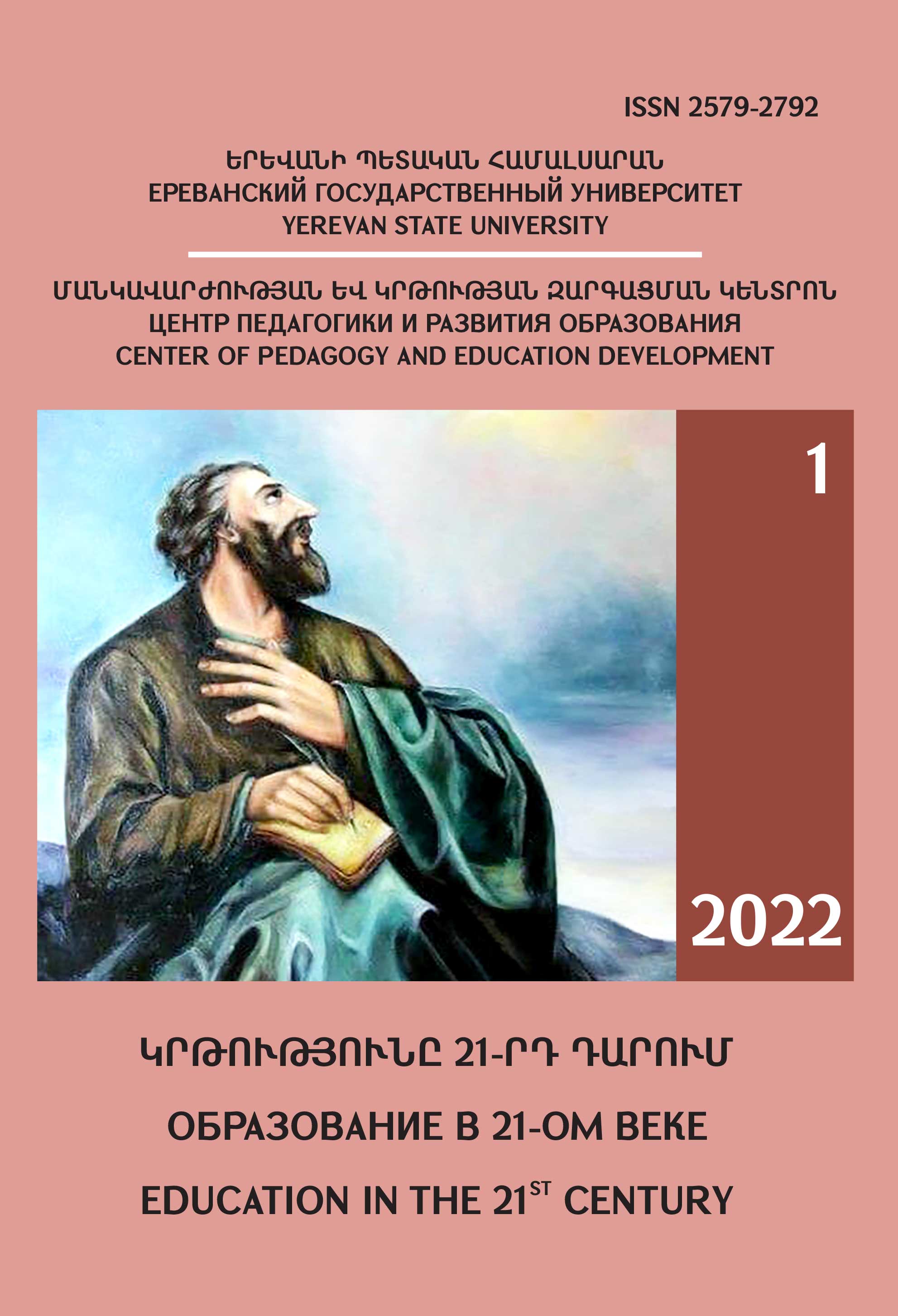ԱՊԱԳԱՂՈՒԹԱՑՎԱԾ ՈՒՍՈՒՄՆԱԿԱՆ ԾՐԱԳԻՐ ՈՒՍՈՒՑԻՉՆԵՐԻ ՀԱՄԱՐ
DOI:
https://doi.org/10.46991/educ-21st-century.v7i1.8199Keywords:
կրթություն, ուսումնական ծրագիր, տարրական դպրոց, մանկավարժական հայեցակարգAbstract
Ապացուցված է բրիտանական տարրական դպրոցները հիմնականում հակված են չդասավանդելու կայսերական պատմությունը՝ թողնելով բրիտանացի երեխաներին իրենց երկրի կայսերական անցյալի մասին մանրամասն պատմական գիտելիքների պակաս: Դպրոցները հիմնականում հեռու են մնում Կայսրության թեմայից, գուցե այն պատճառով, որ համաձայնություն չկա փաստերը դրական կամ բացասական լույսի ներքո ներկայացնելու հարցում, և որովհետև չեզոքությունը դժվար է ընդունել՝ հաշվի առնելով այն բուռն կրքերը, որոնք առարկան առաջացնում է: Բազմամշակութային Բրիտանիայում շատ ընտանիքներ ունեն գաղութատիրության ընդունող ծայրում գտնվելու ընտանեկան անմիջական փորձ: Եվ հակառակը, երբ բրիտանացիների շրջանում հարցում անցկացրին YouGov-ի կողմից (2014) այն մասին, թե արդյոք նրանք կարծում են, թե Բրիտանական կայսրությունը հպարտանալու առիթ է, 59%-ը համաձայնել է, որ այդպես է (Puri 2020, p.75-76):
Downloads
Published
How to Cite
Issue
Section
License
Copyright (c) 2022 Education in the 21st Century

This work is licensed under a Creative Commons Attribution-NonCommercial 4.0 International License.

